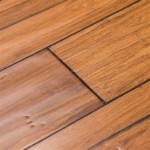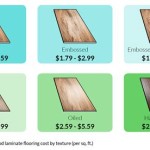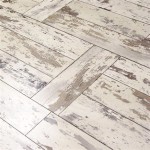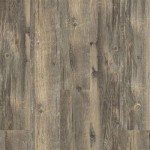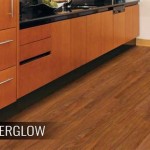Floating Vinyl Flooring: A Comprehensive Guide to Its Essential Aspects
Floating vinyl flooring, an innovative flooring solution, has gained immense popularity in recent years. Its durability, ease of installation, and aesthetic appeal have made it a preferred choice for both residential and commercial applications. This article delves into the essential aspects of floating vinyl flooring, providing a comprehensive guide for homeowners, contractors, and interior designers.
What is Floating Vinyl Flooring?
Floating vinyl flooring differs from traditional vinyl flooring as it does not require adhesives or nails for installation. Instead, it utilizes a locking system that allows individual planks to be clicked together, creating a cohesive and stable floating floor over an existing subfloor.
Benefits of Floating Vinyl Flooring
- Durability: Floating vinyl flooring is highly durable, withstanding heavy foot traffic, impacts, and moisture.
- Easy Installation: Its click-locking system makes installation a breeze, allowing for quick and affordable DIY projects.
- Water Resistance: Many floating vinyl flooring options are water-resistant, making them suitable for kitchens, bathrooms, and laundry rooms.
- Variety of Designs: Floating vinyl flooring comes in a wide range of colors, textures, and patterns, offering versatility in design.
- Sound Dampening: Its dense construction provides excellent sound absorption, reducing noise levels.
Types of Floating Vinyl Flooring
Floating vinyl flooring is available in various types, including:
- Luxury Vinyl Tile (LVT): Designed to resemble natural materials like wood or tile, LVT provides a realistic aesthetic.
- Luxury Vinyl Plank (LVP): Similar to LVT but in a plank format, LVP mimics the appearance of hardwood flooring.
- Rigid Core Vinyl: Featuring a rigid core layer, this type offers enhanced durability and dimensional stability.
Installation Tips
For a successful installation, consider these tips:
- Prepare the Subfloor: Ensure the subfloor is level, smooth, and clean before installation.
- Acclimate the Flooring: Allow the flooring to acclimate to the room temperature for 24-48 hours before installing.
- Start from a Corner: Begin installation from a corner and work your way across the room.
- Stagger the Seams: Avoid aligning seams directly next to each other for added stability.
- Use a Pull Bar: A pull bar can aid in locking the planks tightly together.
Conclusion
Floating vinyl flooring presents a plethora of benefits, from its durability to aesthetic versatility. Its ease of installation makes it a practical choice for both homeowners and professionals. By understanding the essential aspects discussed in this article, you can make an informed decision about incorporating floating vinyl flooring into your next flooring project.

A Surfaces Piedmont Balsam 20 Mil X 7 In W 48 L Lock Waterproof Luxury Vinyl Plank Flooring 23 8 Sqft Case Hd Lvr5015 0011 The Home Depot

Free Floating Vinyl Floors Continental Flooring Company

Tranquility Xd 4mm Rail Tie Oak Waterproof Luxury Vinyl Plank Flooring 7 08 In Wide X 48 Long Ll

Tranquility Ultra 5mm Rustic Reclaimed Oak Waterproof Luxury Vinyl Plank Flooring 6 65 In Wide X 48 Long Ll

Home Decorators Collection Palenque Park 12 Mil X 7 1 In W 48 L Lock Waterproof Luxury Vinyl Plank Flooring 23 8 Sq Ft Case Vtrpalpar7x48 The Depot

How To Install Floating Vinyl Flooring Over Old Floors Simply2moms

Tranquility Ultra 5mm River Walk Oak Waterproof Luxury Vinyl Plank Flooring 6 In Wide X 48 Long Ll

How To Install Floating Vinyl Flooring

Luxury Vinyl Flooring Wichita Okc Pro Installation

Luxury Vinyl Tile S Rich History Future
Related Posts


